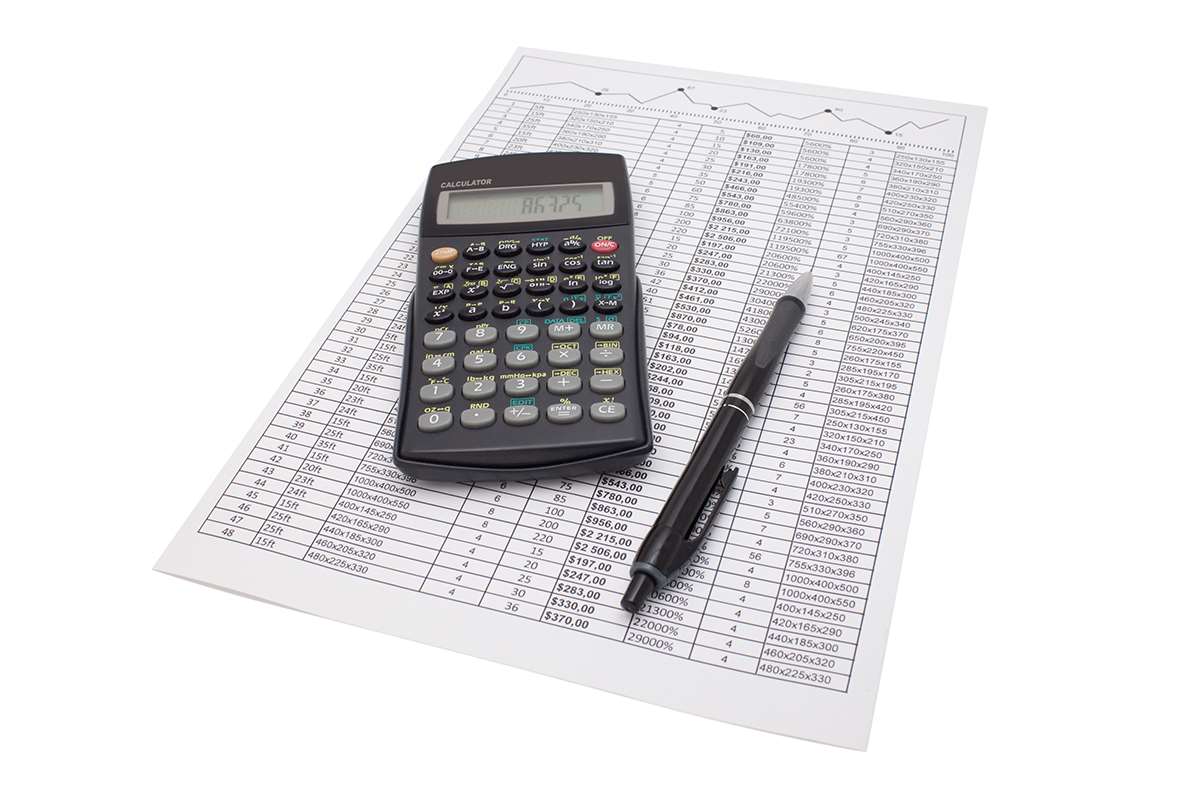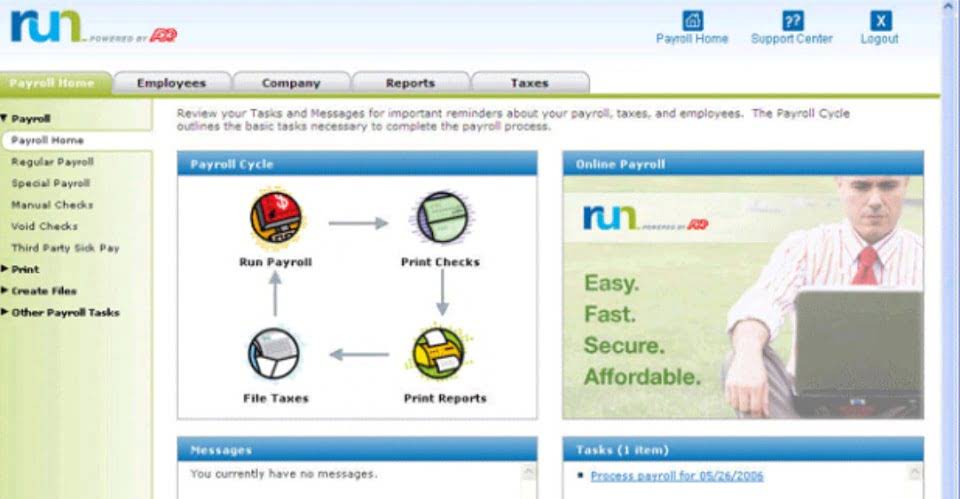
Foster open communication among all stakeholders involved in the budgeting process. Solicit input from various departments to ensure buy-in and commitment to shared objectives. Clearly outline assumptions, methodologies, and rationale behind budgeted items. Open dialogue facilitates consensus-building and reduces misunderstandings regarding resource availability and expectation management. Utilize historical records, market analysis, and trend identification to establish a solid foundation for your budget. Study previous years’ financial performance, booking patterns, and consumer behavior to formulate reasonable assumptions about future performance.

Major Costs
These various types of budgets have different utilities and are important for the hotel business. After getting a foundation from the Sales team, you can shift gears to think about hotel industry leisure demand. A best practice is to build a calendar in Excel, with each week as a row, and each column as a day of the week. A daily projection allows you to get granular, since one Friday in May might be significantly busier (or slower) than another Friday in May. Similarly, dates within the same week can see wild fluctuations in demand. For example, Memorial Day Weekend might be forecasted at 100% occupancy, but January 2 might be closer to 30%.

Key steps in preparing annual budget for hospitality business
In it, I explain the importance of mobile-first web design, user experience (think GDPR and ADA compliance), schema and other back-end technical bits, SEO, page load speed, and more. Furthermore, this collaborative approach fosters a sense of teamwork and empowers them to contribute to the overall success of the business. By clearly outlining each department’s financial targets and expectations, you can foster a sense of ownership and accountability among your team members. However, it is equally important to gather data on customer satisfaction scores, online reviews, and feedback from guests to gain deeper insights into areas that may require investment and improvement. This is especially important in a world that’s been highly volatile over the past few years with dramatic cuts and now high demand at many hotels.

Maximise your hotel’s revenue with TRG’s Hospitality Management solutions
- Crafting your hotel budget is one of the most critical steps toward your property’s success.
- From there, Lund recommends getting into the details with zero-based budgeting as described above.
- They always say you should have a “cushion” when it comes to budgeting, and hotel budgets are no exception.
- Hoteliers can easily track revenue results by using hotel tech tools such as Siteminder, Profitsword, Duetto, and HotelIQ.
Hotels can also their Bookkeeping for Veterinarians expenses regularly to identify areas for improvement. Leveraging advanced analytics tools and machine learning algorithms can take hotel forecasting to the next level. These techniques allow hotels to process vast amounts of data quickly and accurately, identifying complex relationships between variables that might not be apparent through manual analysis.

Create a Hospitality Budget Plan (In 7 Steps)
- It’s important that any advertising campaign you run comes in well below the cost of your OTA commission, for example.
- You will then see where the demand is low or high and also analyze if there are revenue opportunities.
- The first is that they make accurate projections based on the data you feed in.
- “There’s a company called Hotstats that gathers all the profit and loss of data and organizes it by geography and by hotel type for people who want to know,” Lund said.
Here are some additional hotel budgeting tips you may not have considered trying that can help minimize hotel costs and expenses. Prior to the pandemic, hotels were spending approximately 50% of their annual budget on labor and staffing, according to Hotel Management. The hotel hotel budget budgeting season typically begins in October and continues through December, allowing hotels to establish their financial and operational plans for the upcoming year. When it comes to decreasing operational costs in your hotel and cutting down on spending, the key is always better organization. The best way to decrease your hotel housekeeping operating budget is by installing processes and protocols that increase the productivity and efficiency of your housekeeping team. The goal is to create a housekeeping budget that is cost-effective and robust enough to handle any surprise expenses you might encounter.
- Keeping a close eye on your YOY profit and loss variance can help you see a clearer picture of the hotel’s financial success.
- Analyze your expenses and compare them to the revenue streams and guest profile data you gathered earlier.
- Accurate budgeting and forecasting enable hotels to anticipate risks and develop contingency plans.
- As a hotel industry professional, you want your staff members happy, your guests satisfied, and your business profitable.
- Checking the previous booking data, your team should derive heavy and light reservation days.
- In essence, a budget is the roadmap that guides a hotel’s financial decisions and actions.
- Let us now discuss the various types of budgets a hotel formulates.
- Your goal is to project the expenses to match the objectives you have just derived.
- In addition to competitor data, you’ll want to incorporate local demand trends into your budget.
- The term “content creation” is a little vague, but actually includes a lot.
- For this reason, you get to observe an extensive view of your financial health with GOPAR score.
Prioritize spending on areas that will have the biggest impact on guest satisfaction and revenue. Estimates recurring and non-recurring expenses tied to hotel operations, ranging from salaries and benefits to utilities, property maintenance, tax liabilities, and depreciation petty cash charges. Precise cost estimation bolsters profitability tracking, variance analysis, and marginal contribution calculations.

